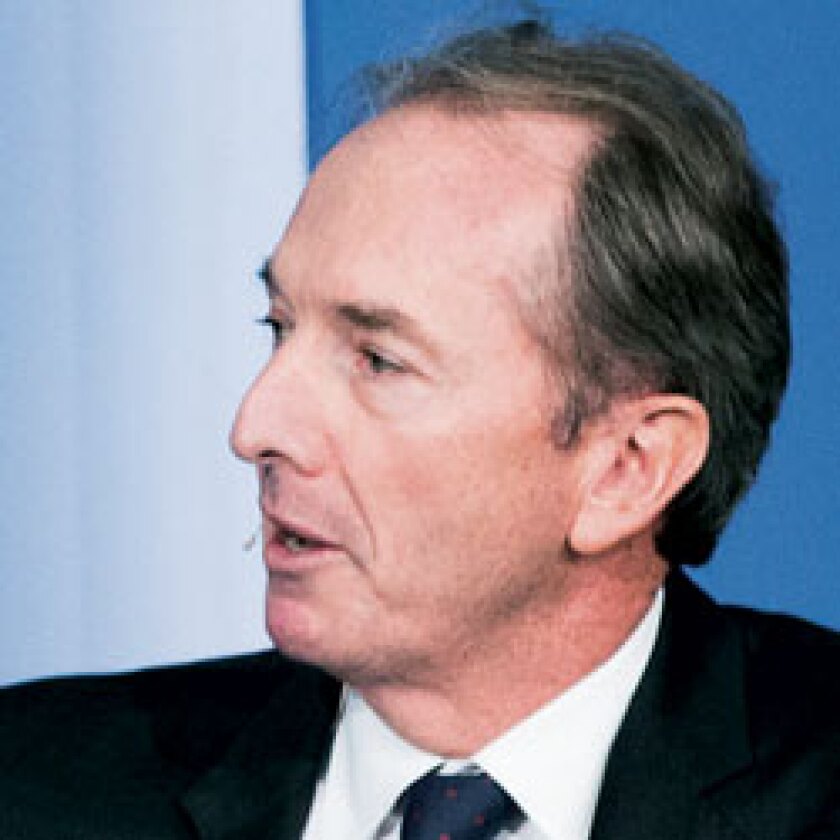
New York will be the big winner from Brexit rather than any of the European financial centres, the head of Morgan Stanley said yesterday, while JP Morgan’s CEO, Jamie Dimon, said Brexit made the chances of the eurozone not surviving five years from now five times higher. James Gorman, Stanley’s chief executive and chairman, told the International Institute of Finance that for reasons including financial infrastructure, legal frameworks and skills, and accountancy services, New York was likely to come out on top.
He said this was not by design, but was one of the possible outcomes from the UK’s departure from the European Union, and remained “very hopeful this can be done in a way that encourages as much business as possible to stay in London”.
Other senior bankers questioned the commitment of continental centres to capital markets. Andreas Treichl, chairman and chief executive of Austrian bank Erste Group, questioned whether the main continental competitors for London’s financial services industry, France and Germany, had sufficient commitment to capitalism.
“Can you imagine Mrs Merkel saying ‘Ich bin für capitalism’ or Hollande saying ‘je suis capitaliste’? It’s simply not going to happen, not with conservatism, not with socialism. You need capitalism for a capital market,” he said.
WILL EUROZONE SURVIVE?
Jamie Dimon, chief executive and chairman of JP Morgan said the big danger of Brexit was about the implications of the vote for the survival of the eurozone and the wider EU.
Dimon said the immediate impact would not be earth-shattering. “It will reduce the GDP of the UK, but that’s not a disaster. It will create years of uncertainty, but that’s not a disaster. At some point we’re going to find out what we have to know, then we’ll know where and what we have to move and when.
“For me the issue was always the long run impact on the eurozone. It has made the chances of the eurozone not surviving five years from now five times higher, in my view.”
For Douglas Flint, chairman of HSBC, the issue was also wider than the location of certain activities in the UK or elsewhere, though the bank recently reaffirmed its commitment to a UK headquarters.
“For me, it will be the wrong debate if it focuses on what’s in the Continent and what’s in the UK,” he said. “The European time hosts the largest or second largest financial centre in the world, and one of the major themes since the crisis has been the consolidation of activity… London does it fantastically, it’s a UK asset, a European asset and an international asset.
“We have to ask ‘Does that cluster of activity serve the community in a way we want to retain?’ and therefore how do we get the benefits of that cluster in whatever form we want for the relationship between the UK and the EU,” he said.
The American bank chief executives all affirmed that they remained deeply committed to Europe.
“Europe’s an $18tr economy,” said Gorman. “It’s a critical part of running a global financial institution, there’s not even a remote question.”
